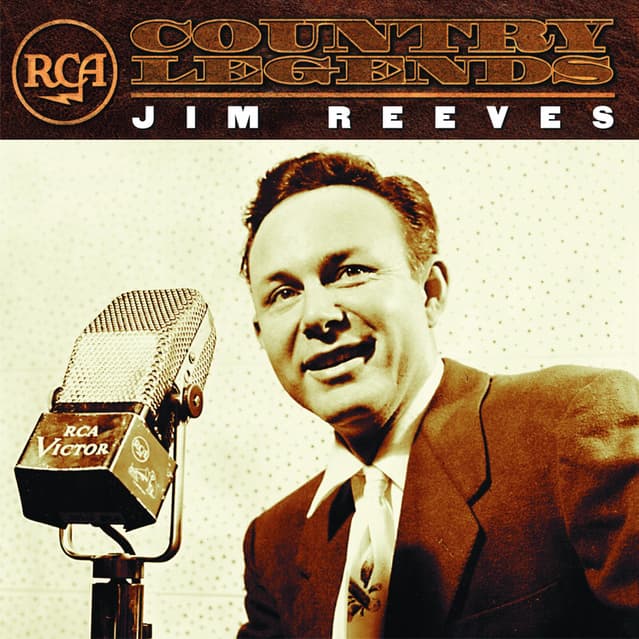
“Four Walls” by Jim Reeves: A Timeless Country Classic
There are certain songs that transcend time, connecting deeply with listeners across generations. “Four Walls” by Jim Reeves is one such song, a timeless country classic that continues to evoke powerful emotions more than half a century after its release. Written in 1951 by Marvin J. Moore (lyrics) and George H. Campbell, Jr. (music), “Four Walls” found its true voice when Jim Reeves decided to record it in 1957, despite initial hesitations from his producer.
Reeves’ interest in the song was sparked when he noticed it in the office of RCA Victor record producer Chet Atkins. Though Atkins felt the song was more fitting for a female singer, Reeves saw its potential and insisted on recording it himself. This persistence led to a groundbreaking session on February 7, 1957, where Reeves adopted a more intimate and mellow vocal style than he had previously used. Instead of his usual forceful approach, Reeves sang softly and stood closer to the microphone, creating a hauntingly personal atmosphere that resonated with listeners.
The recording featured a stellar lineup of musicians who contributed to the song’s memorable sound. Bob Moore provided the steady rhythm on bass, Chet Atkins himself played guitar, Farris Coursey added a subtle touch on drums, and Floyd Cramer‘s piano gave the song its signature warmth. To top it off, the vocal harmonies of The Jordanaires rounded out the arrangement, creating a rich and full-bodied sound that helped elevate the song to legendary status.
Upon its release, “Four Walls” quickly climbed the charts, becoming a number 1 hit on the Country music chart in 1957 and peaking at number 12 on the Pop chart—a significant crossover success for a country song at the time. In Canada, the song reached number 12 on the CHUM Charts, further solidifying its widespread appeal. Interestingly, Jim Lowe’s version co-charted with Reeves’ in Canada, though it was Reeves’ rendition that stood out for its emotive depth.
The themes of loneliness, introspection, and the longing for companionship embedded in the lyrics of “Four Walls” struck a chord with listeners, particularly those who had experienced similar feelings. The song speaks of a man reflecting on the four walls around him—symbols of isolation—as he contemplates the absence of a loved one. Reeves’ tender delivery, combined with the melancholy yet hopeful tone of the music, gave the song a universal appeal that transcended the country genre.
More than just a hit, “Four Walls” marked a pivotal moment in Jim Reeves’ career. It showcased his ability to connect with audiences through a softer, more nuanced vocal style, which would become his signature sound moving forward. This shift not only expanded his fan base but also helped cement his legacy as one of country music’s most beloved and enduring artists.
In a world where music is often fast-paced and fleeting, “Four Walls” stands as a reminder of the power of simplicity and heartfelt emotion. Even today, the song continues to find new listeners who are moved by its timeless message and Reeves’ unforgettable voice.